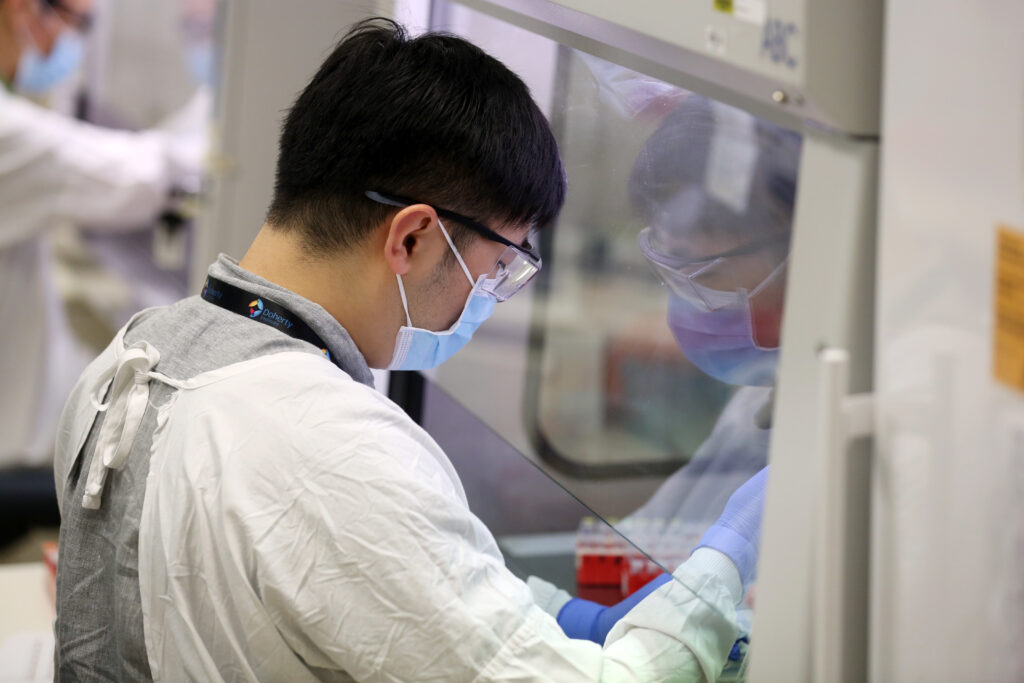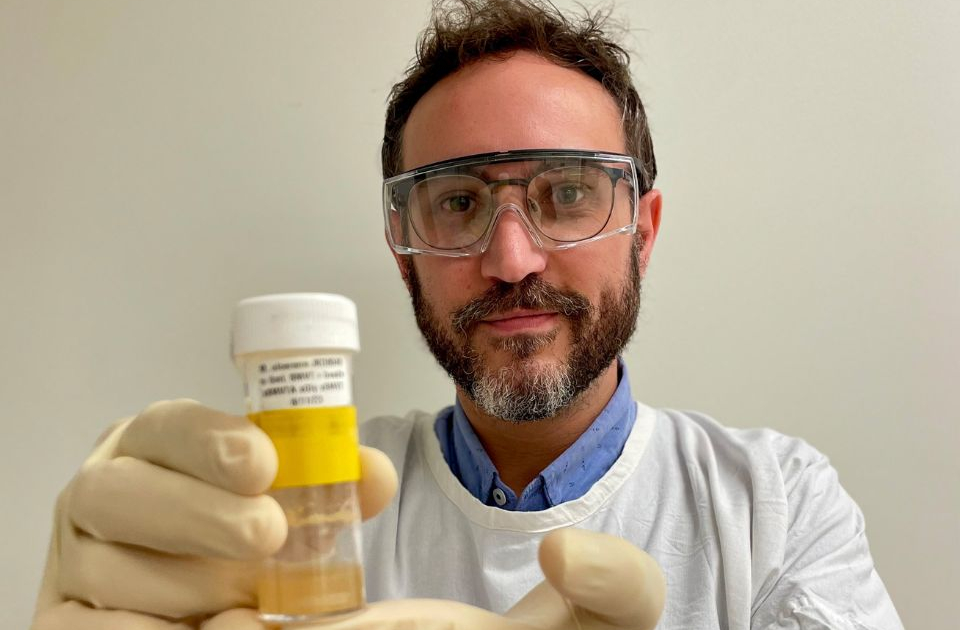The Doherty Institute provides a world-class academic and professional environment for those pursuing careers in biomedical science and public health. From undergraduate study and PhD research to commencing work as a postdoctoral researcher, students and early- and mid-career researchers benefit from research-led learning, expert mentorship, and access to cutting-edge facilities.
Check out our current availabilities for Honours/Master of Biomedical Science and PhD/MPhil projects
Our graduate researchers give us a glimpse into their life, to tell us about their experience and why they have made the Doherty Institute their choice to study.

